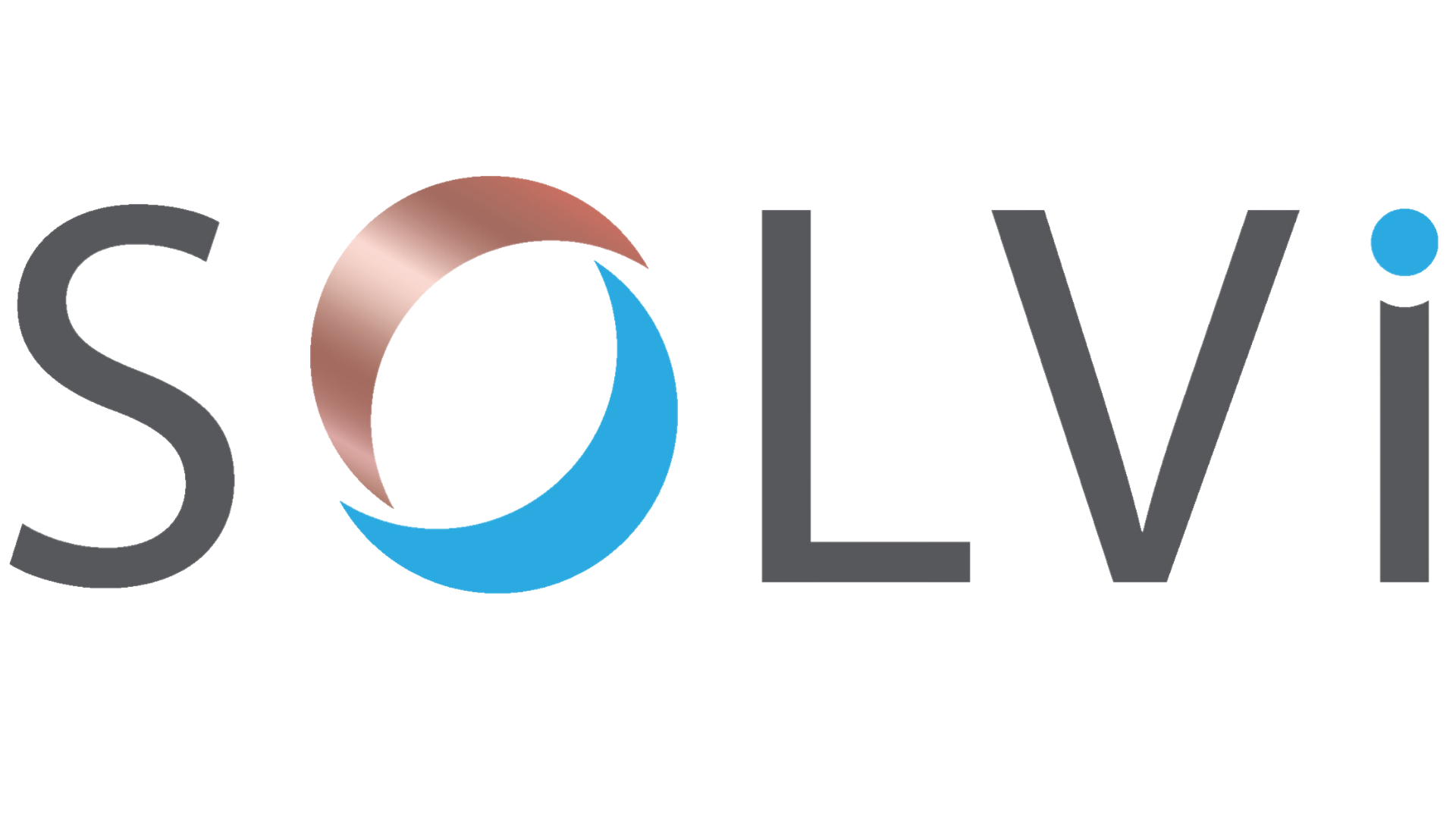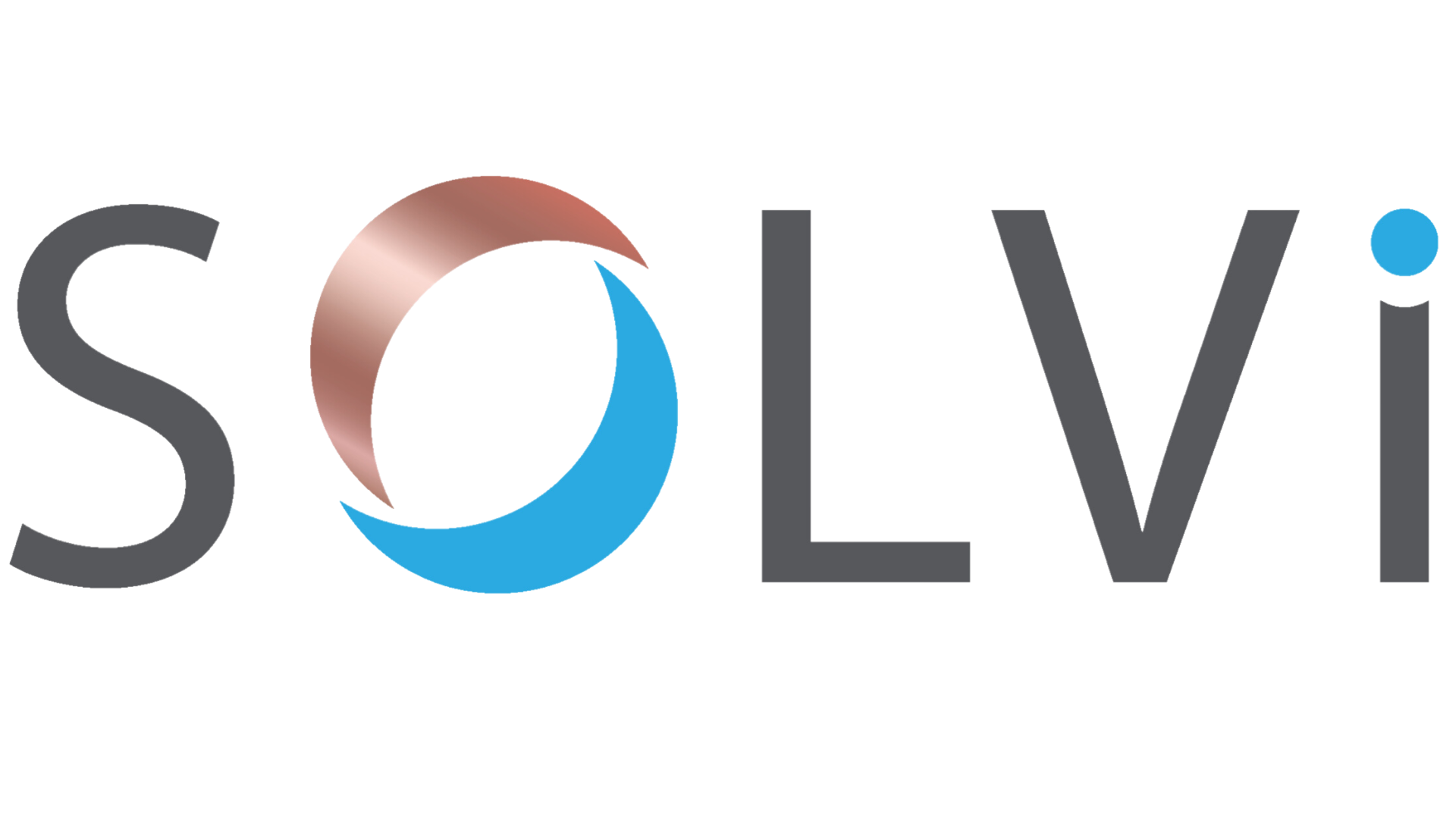Australia is a great place to live and work. Our passion is to help Registered Nurses living overseas to work and experience the great Aussie lifestyle. However, navigating the complexities of migrating to Australia can be daunting.
SOLVi Migration has been assisting nurses to gain registration and successfully migrate independently. Our dedicated team of legal experts specialises in guiding overseas registered nurses through the intricate visa and registration processes, ensuring a smooth transition to working in Australia.
We are committed to providing personalised support every step of the way, from initial eligibility assessments and visa applications to professional registration and employment advice. Trust us to help you achieve your dream of a rewarding nursing career in Australia.

VISA’S WE CAN HELP WITH

Employer Sponsored

Skilled Independent
MAKING AUSTRALIAN MIGRATION EASY

What It Really Takes to Migrate to Australia: Patience, Planning & the Right Legal Help
So, you’ve set your heart on migrating to Australia. 🌏✨
Maybe it’s the beaches. The better pay. The nurse-patient ratios that don’t leave you crying at the end of every shift. Maybe you’re just ready for a life with more sun and less stress.
Whatever your dream looks like, it’s valid. But here’s the truth most people don’t tell you:
Migration isn’t easy. And it’s not meant to be.
Australia’s migration system is built on rigorous legal frameworks, tight eligibility rules, and ever-changing policies. That’s not to scare you—it’s to prepare you.
Because if your dream is to build a new life in Australia, your approach needs to match the size of your goal.
Let’s talk about what that actually means.
Google Isn’t a Legal Strategy
We get it. You want answers. So you search:
“How to migrate to Australia as a nurse”
“Easiest PR pathway Australia”
“AHPRA registration requirements 2025”
And in seconds, you’re down a rabbit hole of Facebook advice, YouTube how-tos, and TikTok stories from someone who thinks they cracked the code.
But here’s the thing…
Migration isn’t a checklist. It’s a legal process.
Whether it’s your registration, skills assessment, state nomination, or visa—you’re navigating laws. And those laws change. What worked for someone in 2020 or even 2024 might not work for you in 2025.
You can’t copy-paste someone else’s pathway and hope for the best.
Instead, you need a personalised strategy—one that’s based on your qualifications, your experience, your age, your English, your family members, and your timeline.
Don’t Assume It’ll Be Like Your Last Migration
Many nurses we work with in the UK have already migrated once—from India, Nigeria, the Philippines, Nepal, or Ghana.
So it’s easy to assume, “I’ve done this before—I can do it again.”
But Australia’s system is completely different to the UK’s.
👉 Australia doesn’t rely solely on recruitment agencies to manage the process.
👉 It requires registration before you’re eligible for migration.
👉 Many pathways are points-based—or nomination-based—which means strategy matters.
👉 If you’re applying with a partner or children, there are strict visa rules that apply to each of them too.
So if you think this will be another “sign a contract and someone will sort it for you” situation—you’re in for a shock.
There Are No Shortcuts—Only Setbacks
We see this all the time:
Someone finds a “cheaper” way to apply for registration.
They skip getting legal advice.
They trust a friend who “just lodged it themselves.”
They get help from someone who’s not even legally allowed to give migration advice.
And what happens? ❌
They waste months.
They lose thousands in fees.
They find out they used the wrong AHPRA pathway, the wrong skills assessment, or they didn’t meet English test timelines.
Sometimes, they get their visa refused.
All because they were looking for a shortcut.
Here’s the golden rule:
If the goal is life-changing, the effort should be life-matching.
Be Ready to Do the Work
If you’re serious about migrating to Australia, here’s what we need you to be:
Patient – It’s a legal process, not an overnight result.
Organised – You’ll need to track documents, certificates, police checks, English test results, and more.
Open to Advice – You don’t need to do it alone, but you do need to follow the right guidance.
Prepared for Setbacks – Policies can change mid-application. You might need a new document. It doesn’t mean you’re failing—it just means you’re on the real road.
Invest in the Right Help
This journey doesn’t reward guesswork. It rewards clarity and compliance.
A registered Australian immigration lawyer—like our team at SOLVi—will:
Look at your full profile (not just your job title)
Identify all the risks before you waste money
Build a timeline and step-by-step plan
Guide you through AHPRA, ANMAC, nomination, and visa requirements
Make sure your partner and kids are included correctly
Help you avoid refusals, delays, and costly mistakes
Yes, legal advice has a cost. But so does a visa refusal. So does a year-long delay. So does losing your chance at PR because of a missed requirement.
The right advice protects your time, your money, and your family’s future.
If You’re Not Ready to Take It Seriously, You’re Not Ready to Migrate
That may sound harsh. But migration is serious.
It’s not just about you. It’s about your family, your finances, your freedom.
If you treat it like a shortcut, you risk cutting off your future.
But if you treat it like a strategy—get prepared, get advice, and take it one step at a time—you’ll get there.
We’ve helped hundreds of nurses just like you make it to Australia.
Not through luck.
Not through copy-paste advice.
But through legal strategy and persistence.
Your Dream Is Valid. But It Requires More Than a Dream.
It requires action.
So if you’re truly ready to make Australia your home, let’s do it the right way.
📥 Enrol in the Nurse Registration Course now – Start your AHPRA process the right way
👩⚖️ Book a legal consultation – Get personalised advice before making costly mistakes
FAQS
What qualifications do I need as a nurse to migrate to Australia?
Generally, you will need a nursing qualification that is recognised in Australia, such as a bachelor’s degree in nursing or an equivalent qualification. You will also need to meet registration requirements with the Australian Health Practitioner Regulation Agency (AHPRA).
What is the process for registering as a nurse in Australia?
To practice as a nurse in Australia, you must be registered with AHPRA. The process involves submitting an application, providing proof of your qualifications and professional experience, and meeting English language requirements. Our team can assist you with this process - Read More.
Will I need a skills assessment?
Yes, most visa applications for nurses require a skills assessment conducted by the Australian Nursing and Midwifery Accreditation Council (ANMAC). This assessment ensures your qualifications and experience meet Australian standards. We can assist you with preparing and submitting your skills assessment application. Read more ...
What are the English requirements?
Depending on the pathway you gain registration and what visa pathway you take, the English requirements can vary from Competent to Proficient levels of English. Read More ...
What if me or my family has a health condition?
If you or a family member has a health condition, it is important to have the possible impact on your migration assessed by a professional before you submit any visa application. The Department of Home Affairs will require health assessments to ensure the condition does not pose a significant cost or burden to the Australian healthcare system. We can help you understand the implications and prepare the necessary documentation. Read more ...
What if me or my family have a character issue?
Character issues, such as past criminal records, must be disclosed in your visa application. The Department of Home Affairs assesses character issues on a case-by-case basis. We can provide advice on how to address these issues and the potential impact on your application.
Are visa fees refundable?
Visa fees are generally non-refundable, even if your application is refused or withdrawn. It is crucial to ensure your application is complete and meets all requirements to avoid losing your fee. Our team can help you prepare a strong application to minimise the risk of refusal.
What if I've been refused a visa in the past?
If you have been refused a visa in the past, it is essential to understand the reasons for the refusal and address them in any new application. We can review your previous refusal and advise on the best course of action to improve your chances of success.
Can I bring my family with me?
Yes, many visa types allow you to include eligible family members, such as your spouse or partner and dependent children, in your application. We can advise on the requirements and process for including your family in your migration plans.
Can't you find my a sponsor to pay for everything?
While some employers may offer sponsorship, which can cover visa and relocation costs, it is important to understand the conditions tied to employer-sponsored visas. Also worth noting, a sponsor is not legally required to pay your application fees. These conditions can include staying with the employer for a certain period. We can help you explore your options and find the best pathway for your situation. Read more ...
How long will the process take?
The processing time for visa applications can vary depending on the type of visa and individual circumstances. Generally, it can take from a few months to over a year. Our team will provide an estimated timeline based on your specific situation and keep you updated throughout the process.
What are the costs of migrating?
Costs can include visa application fees, skills assessment fees, and potentially relocation expenses. The exact costs will depend on the visa pathway you choose and any additional services you require. We will provide you with a transparent breakdown of costs during your consultation. Read more...
DOWNLOAD OUR FREE GUIDE ON EVERYTHING YOU NEED TO KNOW TO WORK IN AUSTRALIA
Contact Us
All RIGHTS RESERVED LIABILITY LIMITED BY A SCHEME APPROVED UNDER PROFESSIONAL STANDARDS LEGISLATION. LEGAL PRACTITIONERS EMPLOYED BY SOLVI PTY LTD (ABN 16 658 861 182) ARE MEMBERS OF THE SCHEME.
The information published on this webpage should not be taken as legal advice rather it should be considered for information purposes only.
COPYRIGHT © 2024 SOLVI PTY LTD
Contact Us
All RIGHTS RESERVED LIABILITY LIMITED BY A SCHEME APPROVED UNDER PROFESSIONAL STANDARDS LEGISLATION. LEGAL PRACTITIONERS EMPLOYED BY SOLVI PTY LTD (ABN 16 658 861 182) ARE MEMBERS OF THE SCHEME.
The information published on this webpage should not be taken as legal advice rather it should be considered for information purposes only.
COPYRIGHT © 2024 SOLVI PTY LTD








